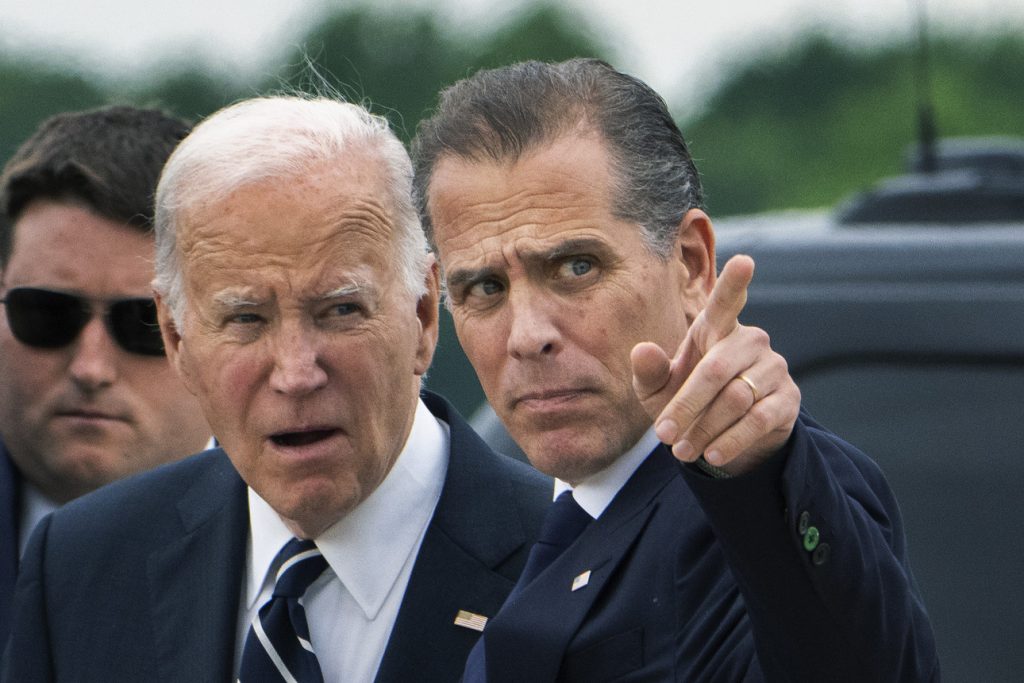Two days ago, President Biden pardoned his son Hunter Biden for any federal crimes he committed in the last eleven years. Biden promised multiple times that he would not issue any such pardon. But as he enters the twilight of his presidency and his life, he apparently decided that protecting his family was more important than maintaining a certain kind of abstract legal system legitimacy.
Regardless of what one thinks of the merits of the Hunter Biden pardon, the act vividly highlights that Article II, Section 2, Clause 1 of the US constitution gives the President broad authority to unilaterally alter the fates of individuals convicted of federal crimes. He should use this power to spare the forty individuals currently sitting on federal death row by commuting their death sentences to life in prison.
During his 2020 campaign, Biden pledged that he would “eliminate the death penalty,” elaborating that those on death row “should instead serve life sentences without probation or parole.” But since taking office, Biden has not done anything to follow through on that promise. It’s too late to pass any legislation on the topic, but he still has forty-eight days to use his pardoning power to ensure that nobody currently on federal death row will be executed.
This would not be a purely symbolic action. Since the federal death penalty was reinstated in 1988, there have been sixteen executions, with thirteen of them happening under Trump.
If Biden does not act, there is little doubt that Trump will aggressively schedule executions in his next term. Their blood will primarily be on Trump’s hands, but, if Biden does not act to prevent it, his hands will be bloody too. Obama’s refusal to take a similar action ahead of Trump’s inauguration in 2016 directly resulted in 13 executions.
The main argument against doing this is that it will hurt the Democrats by making them seem weak on crime. This sort of thing gets over the minimal requirements of punditry, but is otherwise not very plausible. Biden will not be running for president in 2028 and few people will even remember his commutations, let alone attribute them to the Democratic party as a whole. It also does not seem like the death penalty is a major voting issue that drives people to one party or the other in the way that, say, guns or abortion or immigration sometimes do.
This same kind of hand-waving style of punditry also generates a potential argument in the other direction: if Biden does not follow through with his campaign promise, then that will hurt Democrats by making them seem untrustworthy and unreliable.
In any case, this is an issue where the Biden administration cannot claim to be powerless either because they are hemmed in by a legislature that won’t pass bills or a court that frowns upon creative executive actions. As we’ve just seen with Hunter, for better or worse, the power to pardon is absolute and the failure to use that power to prevent federal executions is a policy choice.

